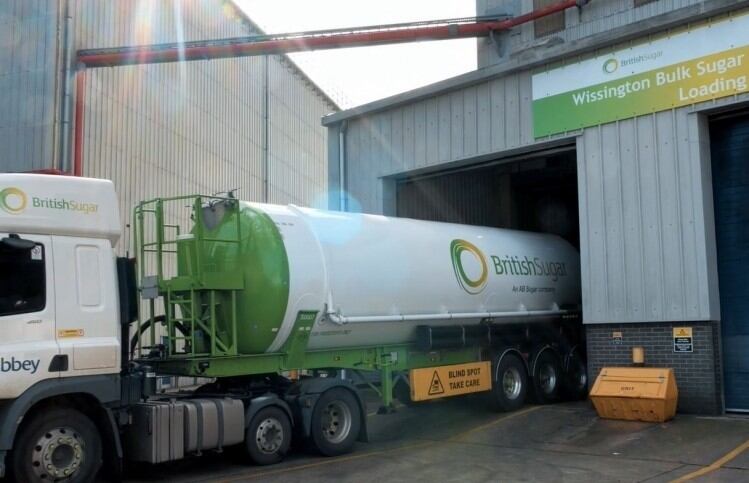The food and clothing manufacturer also said that household budgets are facing real pressures of high inflation, increased interest rates and economic uncertainty and the full consequences of the current cost of living crisis remains uncertain.
In its annual results it said that there were “ongoing challenges” as the global inflationary impacts of COVID-19 have been exacerbated by the geopolitical uncertainty caused by Russia’s war in Ukraine. The impact on its businesses will depend on the extent of government intervention and the duration of any economic downturns, it said.
However, there was positive news for the food and clothing company that revealed strong annual results.
Group revenues increased 22% to almost £17bn in the year ended 17 September 2022 with the group’s food business seeing 10% growth in sales. Statutory operating profit of £1,178m was 46% ahead.
The company said it expects further significant input cost inflation, and ongoing high volatility inevitably has made forecasting more difficult.
Growth
But its outlook remains unchanged. For the full year, it continues to expect significant growth in sales for the group, and adjusted operating profit and adjusted earnings per share to be lower than the financial year just closed.
AB Sugar traded well this year with revenues 18% ahead of last year at constant currency driven by higher sugar and co-product prices, especially for bioethanol.
AB Agri had a good year, with sales well ahead of last year, with higher selling prices, and adjusted operating profit was also well ahead. During the year it acquired Greencoat, a UK-based animal supplement and care business.
In ingredients, the businesses in ABF Ingredients performed very strongly this year, with volume growth, from both winning new business and post-pandemic customer volume recoveries, and strong price execution.
Price increases
Within its UK Grocery business, Allied Bakeries sales were ahead of last year due to significant price increases but losses increased with significantly higher costs for wheat, energy and distribution. Although pricing action at AB World Foods and Jordans Dorset Ryvita led sales to be ahead, margins declined as cost inflation outpaced pricing.
George Weston, chief executive of Associated British Foods, said: “The group delivered strong revenue and profit growth this year in a clear demonstration of the benefits of our diversification, brand strength, and of our commitment to disciplined financing and investment. The performance was achieved despite pandemic-induced disruption being followed by high and volatile input cost inflation.
"Our Food businesses continued to play their important role providing safe, nutritious food in an era of supply chain disruption and high inflation. Sales increased by 10% driven by price recovery with adjusted operating profit proving resilient.
He added:"Looking ahead, substantial and volatile input cost inflation will be the most significant challenge in the new financial year, and our businesses will continue to seek to recover these higher costs in the most appropriate way."
Meanwhile, Hilton Food Group revealed in its Autumn statement that it expects operating profits to be lower than expectations.
It said within its UK Seafood business it has made made good progress in either mitigating or passing through the unprecedented inflationary costs faced by the business. However, it said this was occurring at a slower pace than anticipated, the process is not fully complete, and will continue for the rest of this year and into early 2023.

